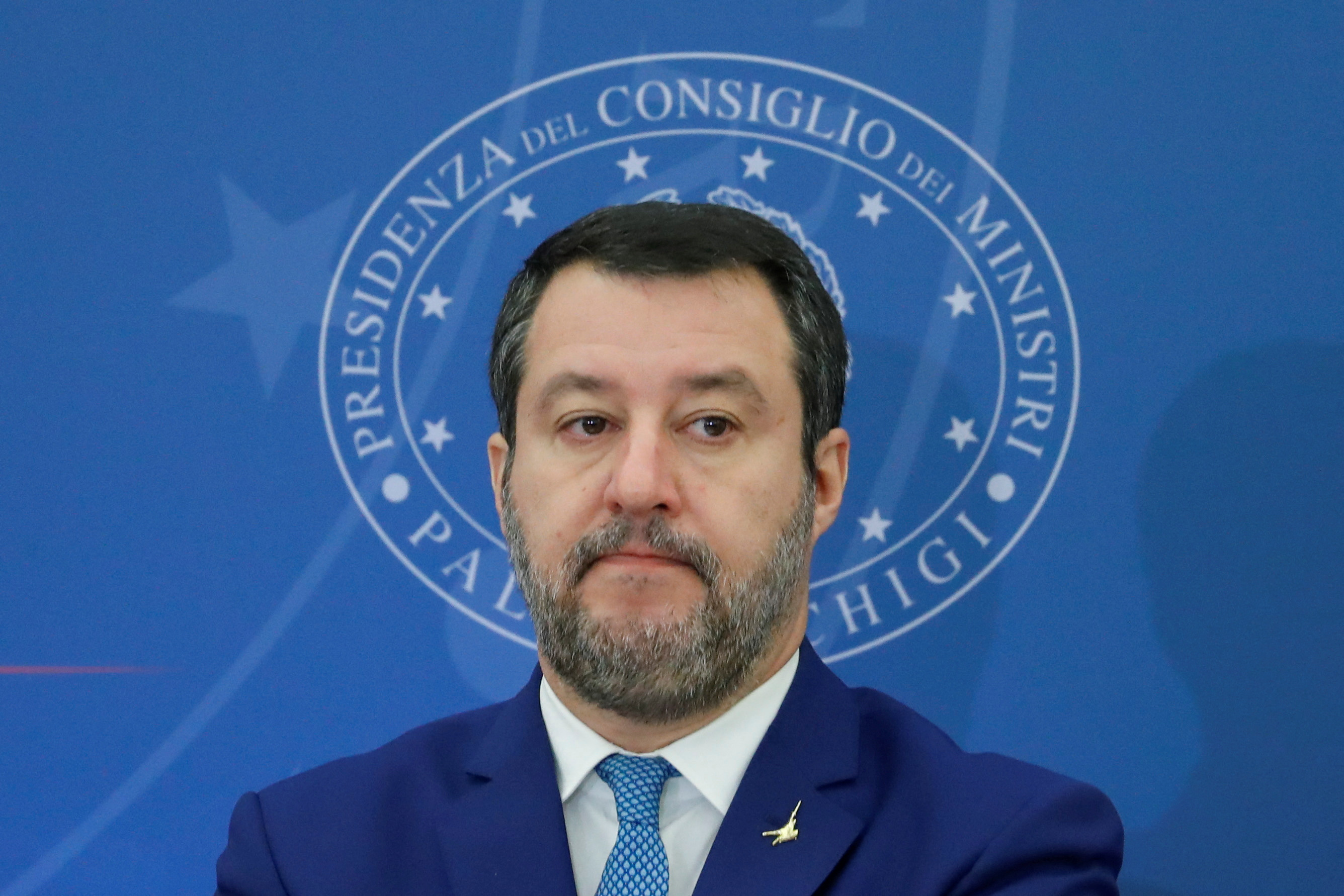Italy’s Minister of Communications, Marco Bellezza, has stated that the country’s ban on the language model, ChatGPT, is excessive and should be reviewed. The Italian government had banned the use of ChatGPT within the country’s borders, citing concerns about the potential misuse of the technology.
ChatGPT is an artificial intelligence language model developed by OpenAI. It has been trained on a large corpus of text and is capable of generating human-like responses to prompts. ChatGPT has been used in a variety of applications, including chatbots, language translation, and text summarization.
The Italian government’s ban on ChatGPT was implemented in late 2022. The ban came after concerns were raised about the potential misuse of the technology, particularly in the areas of cyberbullying and hate speech. The government argued that the technology could be used to spread false information or to generate inappropriate responses.

However, Minister Bellezza has now said that the ban on ChatGPT is excessive and should be reviewed. He noted that the technology has many beneficial uses, such as language translation and text summarization. He also pointed out that the misuse of the technology should be addressed through regulation and oversight, rather than an outright ban.
The Minister’s comments have been welcomed by many in the technology industry, who argue that the ban on ChatGPT is a step backwards for innovation and progress. They argue that the technology has the potential to revolutionize many industries and that the ban will stifle innovation and creativity.

However, others have expressed concerns about the potential misuse of the technology. They argue that the use of ChatGPT in chatbots and other applications could lead to the spread of false information and hate speech. They also argue that the technology could be used to manipulate public opinion and undermine democracy.
It remains to be seen whether the Italian government will review its ban on ChatGPT. However, Minister Bellezza’s comments suggest that there may be a shift in the government’s position. If the ban is lifted, it will be interesting to see how the technology is used in Italy and whether it is able to overcome the concerns that have been raised.
In conclusion, the ban on ChatGPT in Italy has been a controversial issue, with arguments on both sides of the debate. Minister Bellezza’s comments suggest that there may be a review of the ban, which could have significant implications for the technology industry and society as a whole. It is important to strike a balance between the potential benefits and risks of new technologies and to ensure that they are used responsibly and ethically.











